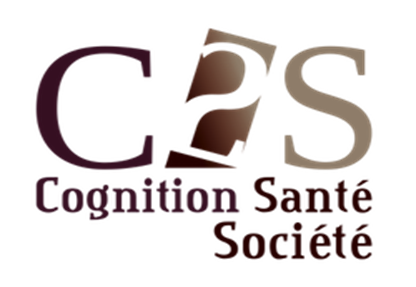[1] Oker, A., Montero, V., Schiffler, F., Capdevielle, D., & Raffard, S. (2023). “How many died?” Memory bias for number of deaths in schizotypal personality traits. Canadian Journal of Behavioural Science / Revue canadienne des sciences du comportement. Advance online publication. https://doi.org/10.1037/cbs0000399
[2] Oker, A., Laraki, Y., Anders, R., Fongaro, E., Capdevielle, D., Raffard, S. (in press). Validation of the French COVID-Related Thoughts and Symptoms Questionnaire. L’Encéphale
[3] Oker, A., Pecune, F., & Vallverdu, J. (2022). Virtual reality for neuropsychology and affective cognitive sciences: Theoretical and methodological avenues for studying human cognition. Frontiers in Virtual Reality, 3, 1100387.
[4] Oker, A. (2022). Embodied social cognition investigated with virtual agents: The infinite loop between social brain and virtual reality. Frontiers in Virtual Reality, 157.
[5] Pavic, K., Oker, A., Chetouani, M., & Chaby, L. (2021). Age-related changes in gaze behaviour during social interaction: An eye-tracking study with an embodied conversational agent. Quarterly Journal of Experimental Psychology, 74(6), 1128-1139.
[6] Oker, A., Pecune, F., & Declercq, C. (2020). Virtual tutor and pupil interaction: A study of empathic feedback as extrinsic motivation for learning. Education and Information Technologies, 25, 3643-3658.
[7] Lannoy, S., Gilles, F., Benzerouk, F., Henry, A., Oker, A., Raucher-Chéné, D., ... & Gierski, F. (2020). Disentangling the role of social cognition processes at early steps of alcohol abuse: The influence of affective theory of mind. Addictive behaviors, 102, 106187.
[8] Oker, A., Del Goleto, S., Vignes, A., Passerieux, C., Roux, P., & Gouet, E. B. (2019). Schizophrenia patients are impaired in recognition task but more for intentionality than physical causality. Consciousness and Cognition, 67, 98-107.
[9] Oker, A., Glas, N., Pecune, F., & Pelachaud, C. (2018). An embodied virtual agent platform for emotional Stroop effect experiments: A proof of concept. Biologically inspired cognitive architectures, 24, 107-114.

